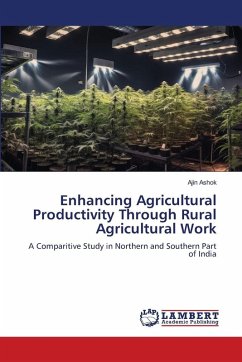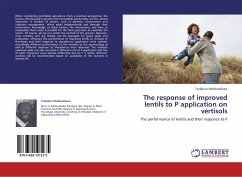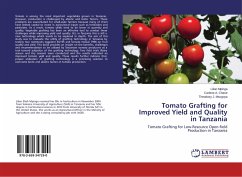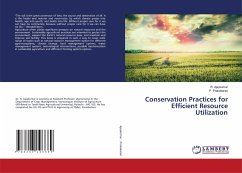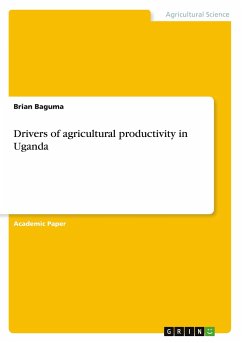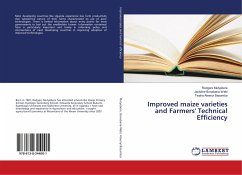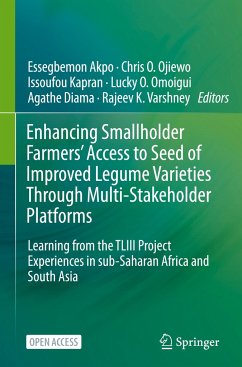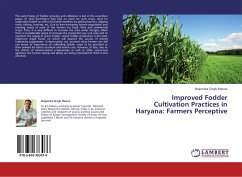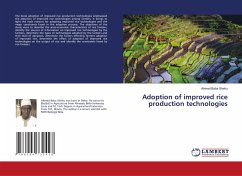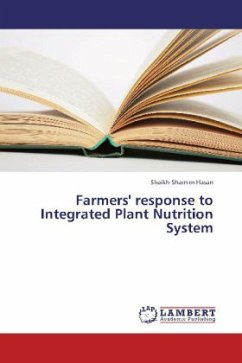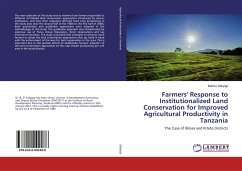
Farmers' Response to Institutionalized Land Conservation for Improved Agricultural Productivity in Tanzania
The Case of Kilosa and Kiteto Districts
Versandkostenfrei!
Versandfertig in 6-10 Tagen
51,99 €
inkl. MwSt.

PAYBACK Punkte
26 °P sammeln!
The main objective of this study was to examine how farmers responded to different formalized land conservation approaches introduced by various institutions, and how their responses affected food crop productivity in the study area since the second half of the 1980s to the first half of 2000s. Both quantitative and qualitative approaches were adopted in the methodology of this study. The qualitative approach was characterized by extensive use of Focus Group Discussions, direct observations and key informant interviews. The study concluded that strategies to enhance more farmers to adopt the l...
The main objective of this study was to examine how farmers responded to different formalized land conservation approaches introduced by various institutions, and how their responses affected food crop productivity in the study area since the second half of the 1980s to the first half of 2000s. Both quantitative and qualitative approaches were adopted in the methodology of this study. The qualitative approach was characterized by extensive use of Focus Group Discussions, direct observations and key informant interviews. The study concluded that strategies to enhance more farmers to adopt the land conservation approaches must go hand in hand with the enforcement of the laws for land conservation in the area. This is important due to the positive effects of smallholder farmers' adoption of the land conservation approaches on the crop (maize) productivity per unit area in the study districts.



